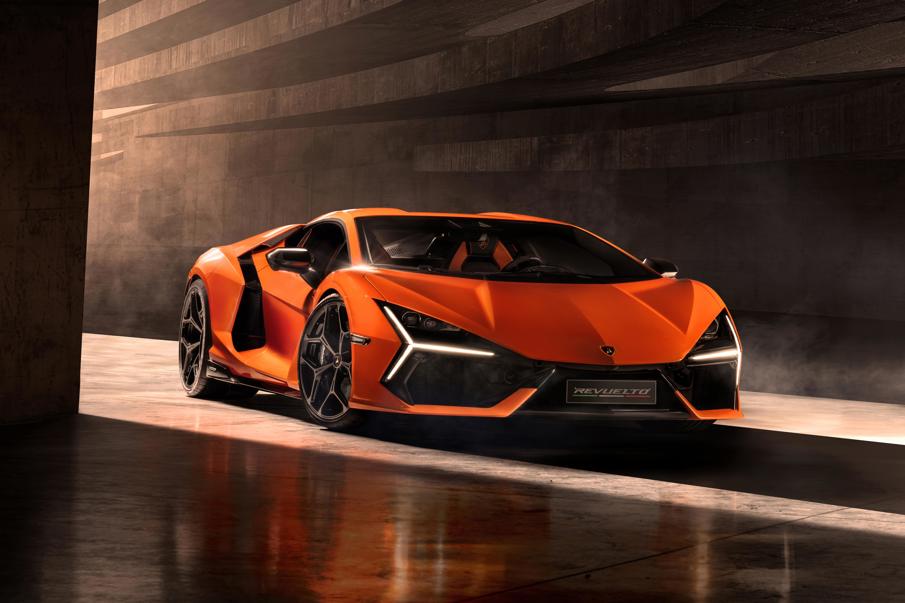Lamborghini is propelling itself into the future of electric motoring with the announcement of a plug-in hybrid (PHEV) powertrain for the much-anticipated successor to the Huracan.
Slated for unveiling in 2024, alongside a PHEV iteration of the Urus, the Italian automaker is making decisive strides in its journey towards electrification.
High Performance Electrified Vehicle

In the wake of its plug-in hybrid halo car, the Revuelto, Lamborghini has confirmed its commitment to electrified performance by integrating similar technology in the Huracan's successor.
Labelled a 'High Performance Electrified Vehicle' or 'HPEV', this move aligns with the growing trend of luxury car manufacturers pivoting towards sustainable powertrains without compromising on performance.
Potential shared DNA with Urus and Revuelto

Although details are sparse, insiders suggest the new supercar might abandon the renowned V10 for a 4.0-litre twin-turbocharged V8, mirroring the Urus.
Furthermore, it's speculated that the next-generation Huracan could inherit electric components from the Revuelto, possibly including axial-flux motors from Yasa, a British supplier.
Design evolution

Spy shots have hinted at the new model's design, showing similarities in size to the Huracan while incorporating elements from the Revuelto.
Notably, a unique rear bumper design exposes the rear wheels, accentuating a sophisticated rear diffuser and contributing to a more aggressive, purposeful aesthetic.
Advanced tech
Though it might not reach the lofty power figures of the Revuelto, the new Huracan is expected to introduce groundbreaking technology.
Innovations such as on-the-fly adjustments of toe and camber angles are anticipated, which would enhance handling and agility, lending the vehicle a nimble, responsive feel.
Baby steps

Lamborghini's 'Direzione Cor Tauri' strategy underpins these developments, aiming to reduce emissions across its range.
Intending to cut CO2 output by 50 per cent by 2025 and 80 per cent by 2030, the Huracan successor, along with the Revuelto and Urus PHEV, marks a significant shift in Lamborghini's approach to sustainability.
Lamborghini CEO Stefan Winkelmann has emphasised a deliberate approach to electrification.
Speaking to Bloomberg, Winkelmann explained that Lamborghini aims to enter the market "when we’re the best, and when the technology is ripe," a strategy that contrasts with competitors like Ferrari, which have earlier embraced PHEV technology.





